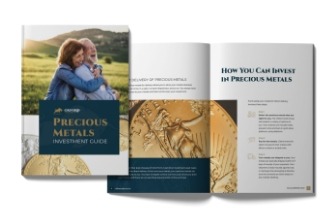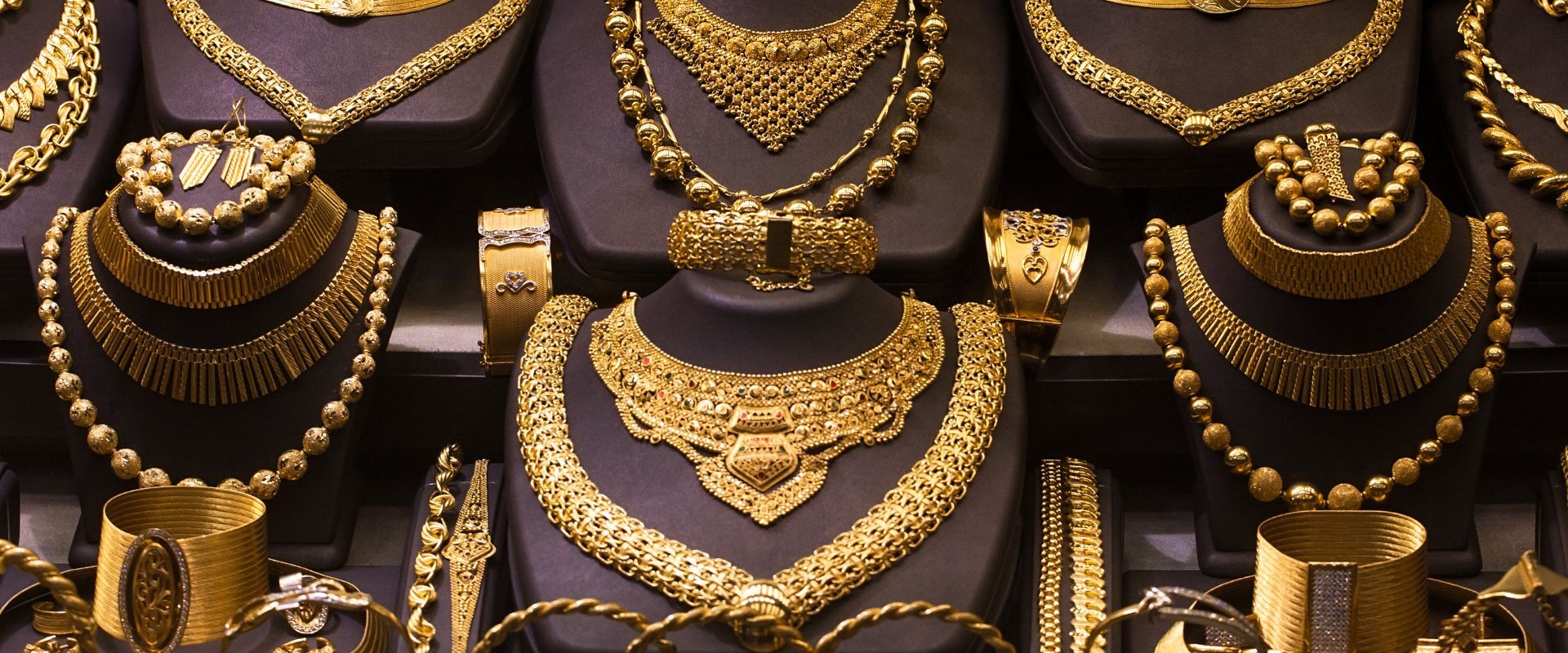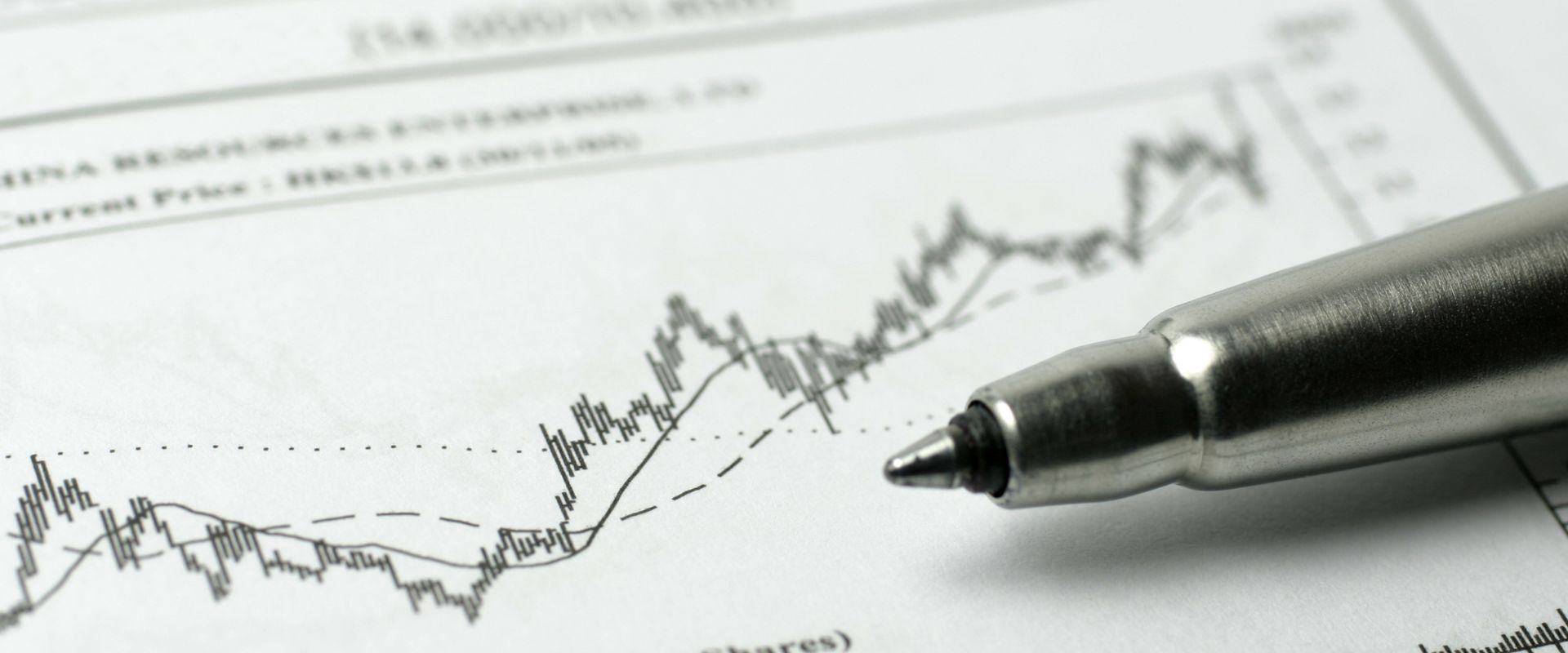Table of Contents
For most numismatists, their coin collection is a source of pride and joy. Even if you’re not a hobbyist, investing in rare coins can be an exciting (and lucrative) venture. Yet, surprisingly, many people don’t know how to store coins properly, despite the significant risks that improper storage and handling pose to their investment.
The team at Oxford Gold Group will discuss the best ways to store your coin collection. You’ll learn the proper ways to clean and handle coins, find suitable places to store your collection, and get essential advice regarding coin storage. Plus, we’ll tell you the biggest risk factors that can damage a coin’s surface and lower its value.
General Guidelines for Proper Coin Storage
If you learn how to properly store your coins before you purchase them, you have a much better chance of preserving their value and physical condition. Remember these tips to protect your coin collection from future damage:
- Take detailed notes for every piece in your collection, even the low-value coins. Recordkeeping makes it easier to keep track of coins and compare market trends. It’s also important for insurance purposes.
- Use coin storage devices to categorize, protect, and store your coin collections. The simplest devices consist of coin albums, coin folders, and hard plastic holders.
- Consider location before you begin coin collecting. Look for a cool, dry, and dark place that doesn’t experience high humidity or frequent temperature changes.
- Improve security by investing in a safe where you can keep your high-value coins, precious metals, and other valuables.
- Prevent rust and oxidation by placing a silica gel pack near your coins to absorb excess moisture that can accelerate tarnishing.
- Wear cloth gloves when handling coins, and never touch the coin’s face directly. Instead, pick the coin up gently on the edges to preserve its condition.
What Factors Can Damage or Tarnish Valuable Coins?
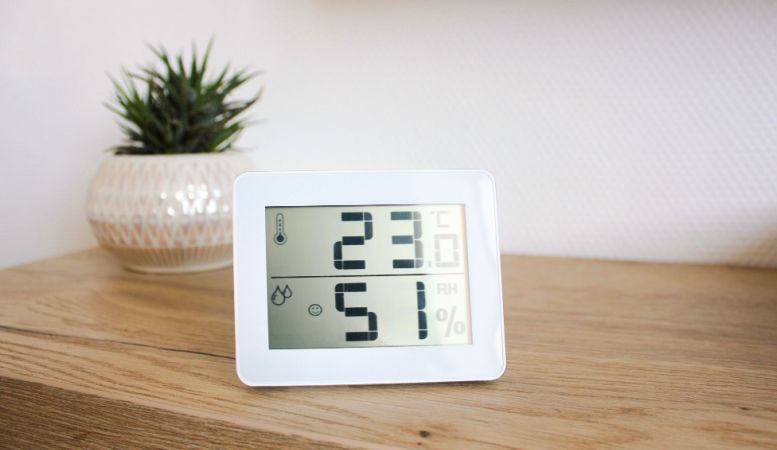
Coin damage can occur from various environmental factors, such as time, humidity, and temperature changes. However, poor handling and certain chemicals can also cause significant damage, as will a poorly chosen coin storage environment. Here are the biggest risk factors to consider before you store your coins:
Humidity
Metal tends to attract moisture in the form of condensation. Prolonged exposure to humidity can be devastating to the overall condition of a coin. In particular, silver and copper react chemically to water or moisture, eroding and tarnishing the metal’s surface.
Gold is one of the least chemically reactive metals, but exposing gold coins to humidity is never a good idea. Many coin collectors have difficulty protecting against moisture when storing coins, as it’s virtually impossible to create a 100% air-tight storage area. However, certain plastic coin holders provide better protection against humidity than other types, like cardboard.
Temperature
Exposure to extreme temperatures can also damage a coin collection. Heat isn’t very damaging on its own, but it can create acids, moisture, or poor air quality that are more harmful. Conversely, low temperatures can cause condensation and moisture damage. The safest way to store coins is in a climate-controlled environment. Avoid locations with air pollution or contaminants that could cause long-term damage.
Acids
Maintaining an acid-free storage environment for your coin collection is critical. Acid causes significant physical damage to metals and is something to avoid at all costs. Unfortunately, many collectors don’t realize that paper and cardboard storage materials are the most common causes of acid damage.
Using a cardboard box or paper envelopes stapled shut can tone, tarnish, and discolor coins. Avoid using paper or cardboard coin holders, and keep household cleaning solutions separately to ensure an acid-free storage environment.
Chlorine
Chlorine tones and corrodes most coins, particularly old or fragile specimens. The most common source of chlorine exposure comes from plastic zip lock bags and coin holders that contain polyvinyl chloride (PVC). Avoid flips and other plastic packaging with PVC at all costs.
Improper Handling
Your hands contain natural oils and acids that cause just as much damage as synthetic chemicals. Always wear cloth gloves when handling and cleaning coins, and never touch the coin’s face.
How to Clean Your Coins Before Storing Them
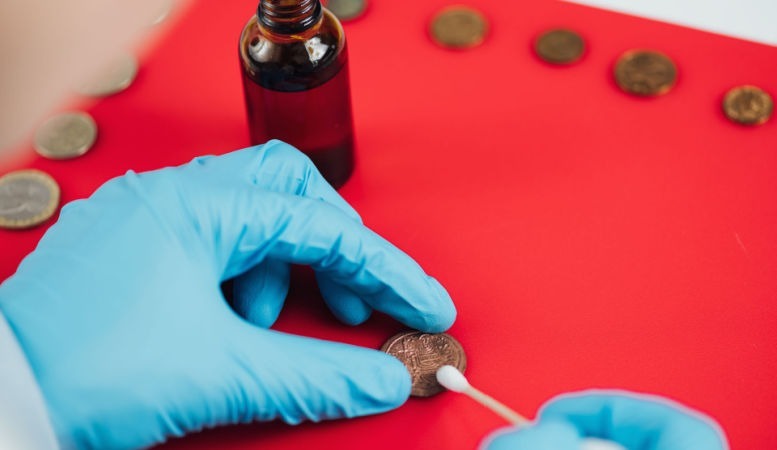
The coin-collecting world has varying opinions on the benefits of cleaning coins. For bullion and circulated coins, cleaning is appropriate. However, cleaning rare, numismatic, old, or more valuable coins causes more harm than good and removes the natural patina many collectors want.
With that in mind, we’ll discuss tips for cleaning bullion to help you preserve your coin collection. Remember, the primary risk of cleaning a coin is scratching and damaging the surface.
Gold Coins
Gold isn’t a highly reactive metal, but it’s soft and damages easily. Avoid cleaning gold with biological substances like your breath or saliva. Instead, use distilled water (never tap water, which likely contains fluoride), mild dish soap, and a soft rag or old toothbrush.
Silver Coins
Many older silver coins are worth more with their original patina, tone, or tarnish. However, if you need to clean a silver coin, you can use hot water, a rag, vinegar, soap, or baking soda. Use pure acetone (not nail polish remover) for bullion silver with PVC damage.
Platinum Coins
Platinum is a bright, shiny metal that doesn’t tarnish easily. To clean platinum, soak your coin collection in warm water and mild dish soap for about five minutes. Once the grime loosens, wipe it dry with a soft cloth.
Palladium Coins
Palladium and platinum have similar physical properties, but palladium is slightly harder, making it easier to clean and more damage-resistant. Use the same method: soak your palladium coin collection in warm water and mild dish soap for five minutes, then wipe clean with a dry, soft cloth.
How to Choose the Right Storage Option for Your Coin Collection
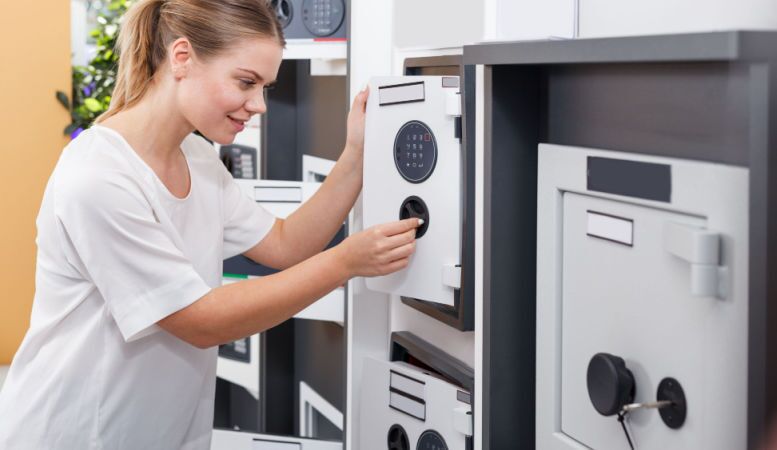
Knowing how to store coins safely and correctly when coin collecting requires educating yourself on available storage options, particularly if you have a large collection. Of course, individual coins should have high-quality coin folders as their first line of protection. Then, you can choose which long-term coin storage option suits your needs best.
Home Storage
Storing your coin collection at home may sound tempting, but it’s also the least secure. Avoid wooden dressers, cardboard box storage, or ground storage, and purchase a metal cabinet or safe instead. However, even if you invest in a safe, there are still significant risks (climate, air quality, theft, etc.). Plus, you’ll have to purchase an additional insurance policy to protect your investment.
A quick note: investors with bullion coins in a precious metals IRA may not legally store coins at home. Home storage is only acceptable for numismatic collections or a direct investment in bullion.
Third-Party Storage
Third-party facilities, such as safe deposit boxes in banks, are another popular option for storing coins. However, this method comes with drawbacks. For example, a safe deposit box is only accessible during regular business hours, which doesn’t include Sundays or holidays. Also, the walls of bank vaults contain a material that will emit water vapor in the event of a fire, resulting in a humid environment that could damage your investment.
Depository Storage
Depositories are among the safest and most secure options for coin storage. These state-of-the-art facilities have 24/7 surveillance, climate-controlled storage areas, professional security guards, and insurance. Some even have streaming video, so you can view your coins remotely online.
How to Store Coins Based on Their Metal Content

Whether you’re a novice at coin collecting or a seasoned expert, it’s important to know how to store coins based on their metal content.
Gold
Store gold in a location with low humidity and stable temperatures. Avoid using paper or a cardboard box as packaging to prevent corrosion, and never store gold with the following materials:
- Cyanides
- Aqua regia
- Ammonium compounds
- Halogens
- Peroxide
Silver
Place silver in a flannel bag or acid-free tissue paper. Avoid high humidity and temperature fluctuations, and never store silver with these materials:
- Sulfur
- Halogens
- Acids
Platinum
Use coin flips or acid-free tissue paper when storing platinum coins. Optimal conditions are cool, dry, and low humidity. Incompatible materials to avoid include:
- Alkalis
- Acids
- Halogenated compounds
- Oxidizing agents
Palladium
Palladium does best when stored in a cool, dry, and climate-controlled environment. Avoid humidity and exposure to these materials:
- Acids
- Strong oxidizing agents
Expand Your Coin Collection with Oxford Gold Group
Now that you know how to store coins properly to maintain their quality and value, you can confidently protect your investment.
If you’re new to precious metal investing, the Oxford Gold Group is here to help. We offer investment opportunities for gold, silver, platinum, and palladium, either directly or by funding an IRA. To learn more about how to invest in precious metals and coins, call the Oxford Gold Group today at (833) 600-GOLD and speak with one of our financial experts.
